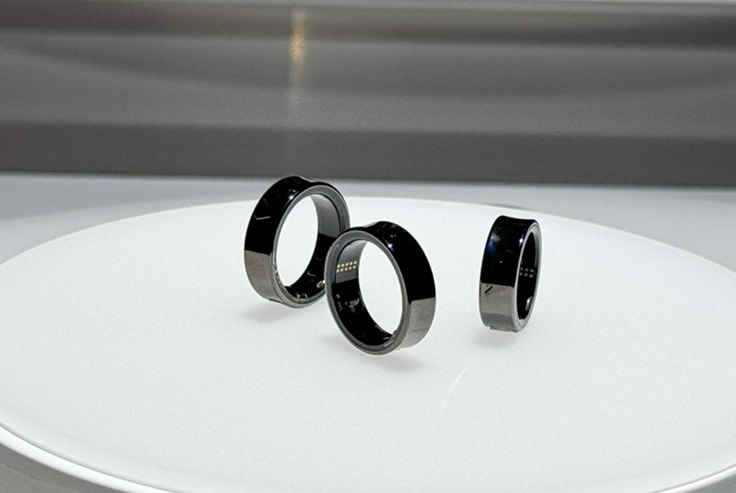When Samsung unveiled the Galaxy Ring on Wednesday, it marked the tech giant’s ambitious leap into the world of smart rings. This sleek and lightweight device, teased for months, is packed with sensors designed to offer 24/7 health monitoring, aiming to rival Apple’s dominance in wearable tech. At its Galaxy Unpacked event in Paris, Samsung highlighted the ring’s ability to track various health metrics, including sleep patterns, menstrual cycles, heart rates, and exercise routines.
The introduction of the Galaxy Ring comes at a critical time for Samsung. With smartphone sales seeing a slight recovery but users holding onto their devices longer, tech companies are looking for new product categories to drive sales. The Galaxy Ring is positioned to complement Samsung’s existing lineup of smartphones and smartwatches, creating a more integrated and comprehensive health monitoring ecosystem. This move is part of a broader strategy to enhance the appeal of Samsung’s health applications, which have become increasingly popular among consumers.
Samsung’s ecosystem strategy is not just about hardware but also about software and data integration. The Galaxy Ring, when paired with a Samsung smartwatch and smartphone, provides a more detailed and holistic view of a user’s health. This interconnectedness is powered by advanced AI, which analyzes data collected from multiple devices to offer personalized health insights.
Despite being a niche product, the Galaxy Ring has the potential to reshape the market. While smart rings are not new—pioneers like Oura have sold millions—Samsung’s global reach and substantial marketing budget could bring this category into the mainstream.
This new venture might also pave the way for future services and revenue streams for Samsung, enhancing its wearables portfolio and potentially introducing subscription-based services through the Samsung Health app.
(Source: CNET | TechRadar)









